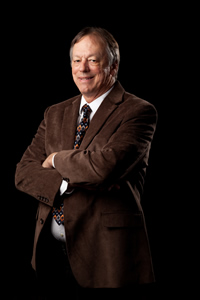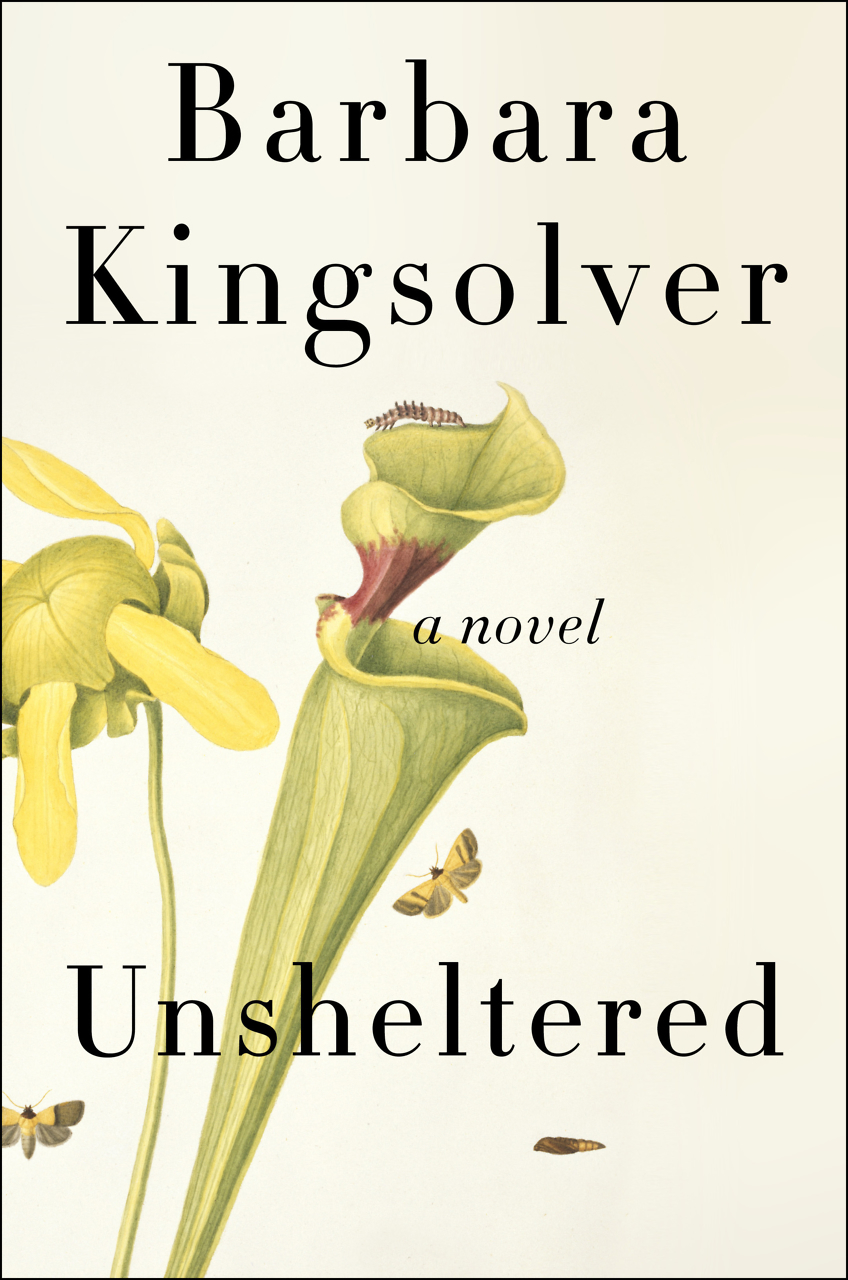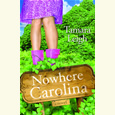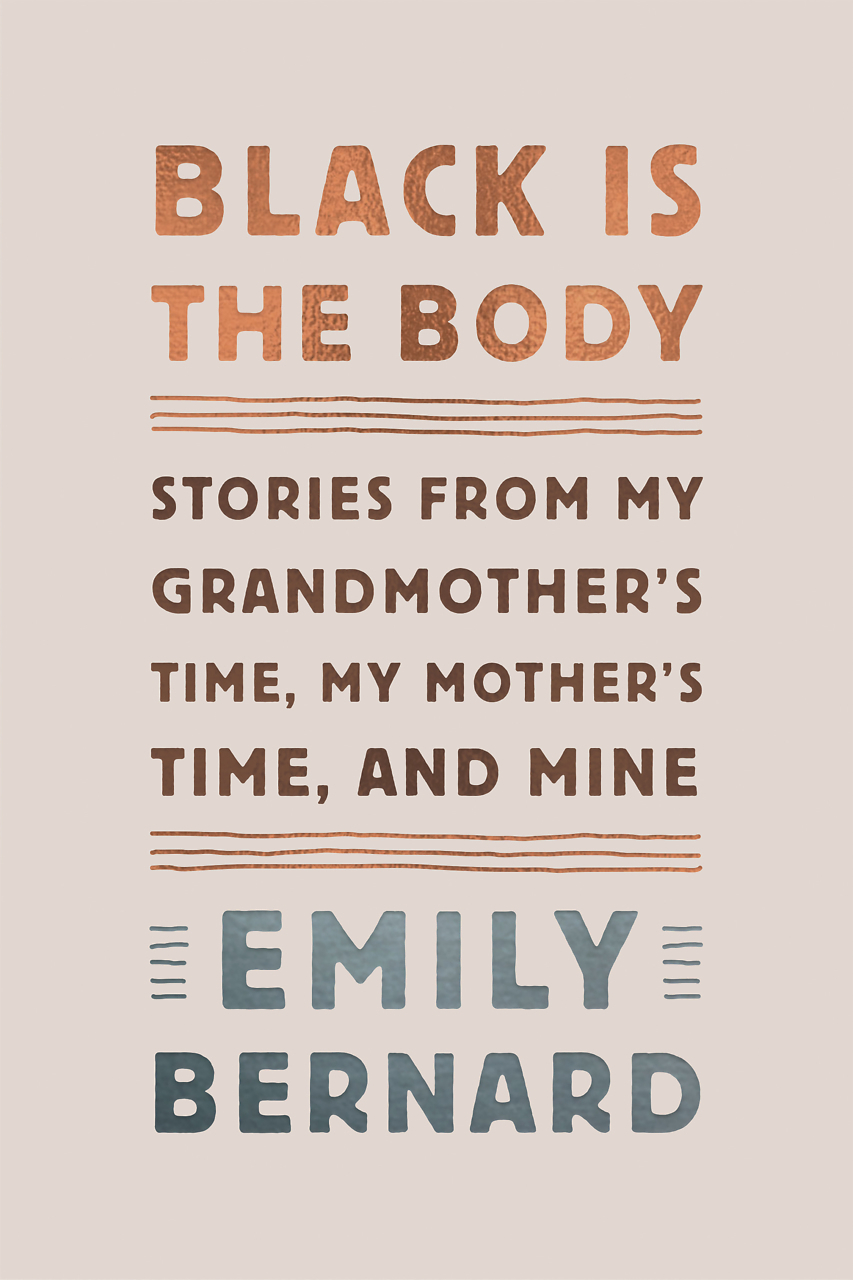Defining a Life Through Books
Journalist Frye Gaillard pays tribute to the books that have shaped his life
Frye Gaillard doesn’t simply read books; he inhabits them. A close reader, he also sees how books connect to the wider world around him. Because he’s a journalist by training, and because he was brought up and still lives in the South, it makes sense that many of the books in his new memoir focus on aspects of being a Southerner. Nevertheless, the stories he tells in The Books That Mattered cover centuries and cross international boundaries.
The novel that first caught Gaillard’s attention as a child was Johnny Tremain by Esther Forbes: “I think I was drawn to this flawed hero, Johnny Tremain, precisely because the author had not made him perfect. He seemed so real in his flashes of arrogance and disdain, so completely believable to a reader like me, just a few years younger and thus easily drawn into his world,” he writes. Later, Gaillard encountered another flawed young hero in Huckleberry Finn, a book centering on an issue that struck much closer to home: “However startling the political incorrectness,” Gaillard notes, “we were a family in the 1950s who very much wanted to shore up the notion that nothing in particular was wrong with the South.”
Of course, coming of age in the South of the 1950s and ’60s meant that race had to be addressed. In addition to his own experience, Gaillard explores the implications of growing up in a segregated culture through the books he read at the time: To Kill a Mockingbird by Harper Lee, Killers of the Dreamby Lillian Smith, and Uncle Tom’s Children by Richard Wright, among others. But race isn’t an obsessive topic in the book. One of the nice things about a memoir is that it can take a freewheeling approach even to subjects on which scholars have pumped out gallons of ink. Gaillard gives readers brief summaries of the novels and background looks at the authors’ lives, but what he’s most interested in is how the ideas that come up in those novels and books are played out in the wider society. All avid readers will find something that resonates in these stories, although what that something is will likely differ widely from reader to reader.
 Gaillard has a gift for providing the most memorable details. The story of Jacobo Timerman, author of Prisoner Without a Name, Cell Without a Number, is a case in point. Timerman, an Argentine journalist, was an outspoken advocate for human rights. One morning in 1977 he was taken from his home and imprisoned. Although no charges were filed, he was tortured; his captors seemed to have a special hatred for him because he was a Jew. Timerman was finally freed, partly due to the intervention of President Jimmy Carter. In his own book, Timerman recalls meeting Carter years later and saying to him, “How do you feel looking at my face, knowing that you saved my life?”
Gaillard has a gift for providing the most memorable details. The story of Jacobo Timerman, author of Prisoner Without a Name, Cell Without a Number, is a case in point. Timerman, an Argentine journalist, was an outspoken advocate for human rights. One morning in 1977 he was taken from his home and imprisoned. Although no charges were filed, he was tortured; his captors seemed to have a special hatred for him because he was a Jew. Timerman was finally freed, partly due to the intervention of President Jimmy Carter. In his own book, Timerman recalls meeting Carter years later and saying to him, “How do you feel looking at my face, knowing that you saved my life?”
Though the Timerman episode appears in a chapter titled “Darkness,” it’s important to note that this is not a dark book. Many of Gaillard’s “books that matter” are light-hearted fun. In a later chapter, “Just Telling a Story,” Gaillard tells of “fine Southern writers [who] no longer felt shackled by apology or shame—or even an appropriate display of Southern anguish.” One of his featured books in that section is Clyde Edgerton’s Walking Across Egypt, “one of the funniest, most warmhearted stories that I had ever read,” Gaillard writes.
The Books That Mattered is a fascinating, well-written book that keeps on giving. Though many of the titles Gaillard discusses are well known, many are not, and readers will no doubt be adding them to their own “to read” lists. This is a memoir about the books that meant most to this award-winning writer, it’s true, but it is only fitting that a journalist’s memoir would encompass much more than that. Gaillard also provides a sort of cultural guidebook about life in the second half of the twentieth century.
Frye Gaillard will discuss The Books That Mattered at the twenty-fourth annual Southern Festival of Books, held October 12-14 at Legislative Plaza in Nashville. All events are free and open to the public.


